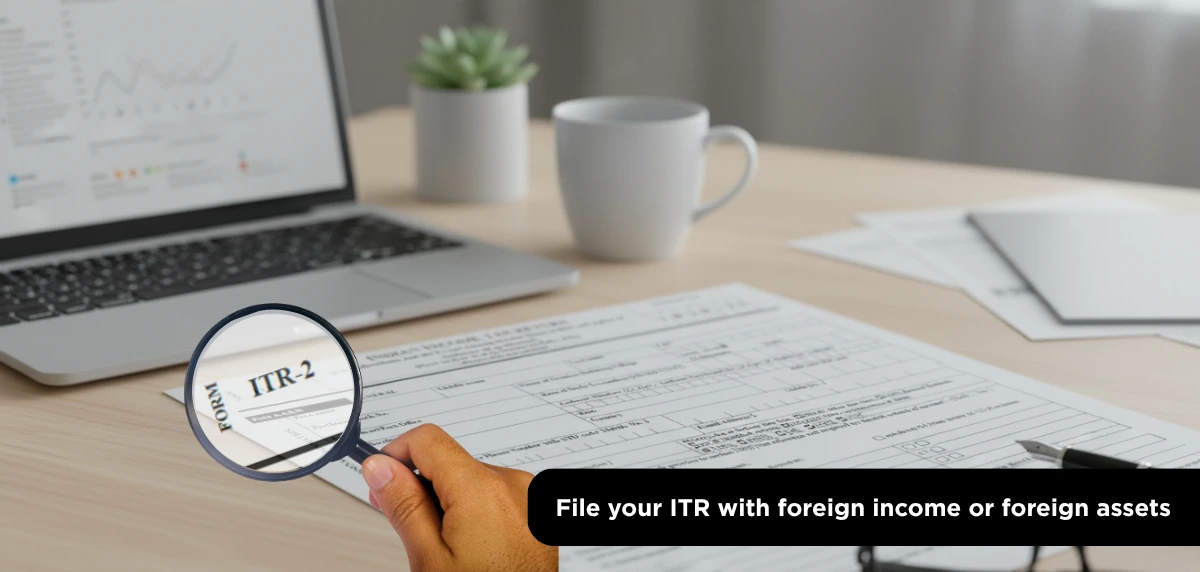For entrepreneurs, understanding taxes and their related impact on profits is as important as running their business. With good planning, entrepreneurs can boost profits and reduce tax bills. To do the same, below is a simple list of top tax-saving tips made for entrepreneurs. From using deductions and credits to choosing the right business setup, let’s look at tax-saving tips for entrepreneurs and help them keep more of what they earn.
Tax-Saving Tips for Entrepreneurs in India
The Indian tax system offers many ways for entrepreneurs to save on taxes. By applying a few tested methods, you can hold on to more of your business earnings and build lasting financial strength.
Here are some key strategies:
1. Opt for a Suitable Business Structure
Picking the correct type of business is vital for lower taxes. A Limited Liability Partnership (LLP) or a Private Limited Company can be more tax-efficient than a sole proprietorship. These setups get some tax breaks and benefits that reduce what you owe.
2. Utilise Section 80C Deductions**
Section 80C of the Income Tax Act lets entrepreneurs claim deductions up to ₹1.5 lakhs by putting money into certain schemes. This covers investments in the Employees’ Provident Fund (EPF), Public Provident Fund (PPF), National Savings Certificate (NSC) and Equity Linked Savings Scheme (ELSS). For example, if you invest ₹1.5 lakhs in ELSS, that amount is subtracted from your taxable income, reducing your tax liability.
3. Deduct TDS**
Always deduct TDS when you pay vendors or contractors according to tax rules to avoid extra tax. If you have to pay a certain amount to a third party, subtract a specific value from the amount, on the basis of the relevant TDS rate, and pay off the remaining value. The remaining value goes to the tax department.
4. Claim Input Tax Credit (ITC) under GST**
If your business is registered under the Goods and Services Tax (GST), you can claim Input Tax Credit. This lets you set off the GST you pay on materials and services against the GST you collect when you sell goods or services. This process lowers your total tax cost.
5. Consider Section 44AD for Small Businesses**
Section 44AD offers a simple tax scheme for small businesses with turnover up to ₹2 crores. It treats 8% of your total turnover or gross receipts as taxable income. This method makes filing taxes easier and lowers what you owe.
6. Explore Section 80D for Health Insurance Premiums**
Entrepreneurs can claim deductions on health insurance premiums for themselves, their family, and their employees, under Section 80D. Additionally, life insurance for entrepreneurs is another tax-saving option.
For instance, if you pay ₹25,000 for a family floater policy, you can deduct the whole ₹25,000 from your taxable income and save tax.
Remember to buy life insurance and use a life insurance calculator before you make the purchase.
7. Invest in Marketing
Spend money on marketing efforts like adverts and promotions, as these count as valid business costs. If you spend a certain amount on a marketing campaign, you can list that cost as a business expense and reduce your taxable income.
8. Invest in Research and Development (R&D)**
Entrepreneurs doing R&D work can get tax benefits under Section 35(2AB) of the Income Tax Act. This includes a deduction on expenses you spend on eligible R&D projects, which supports innovation in your firm.
9. Leverage Section 10(14) for House Rent Allowance (HRA)**
If you rent a house for work or personal use, you can claim House Rent Allowance (HRA) under Section 10(14). Be sure to keep rent receipts and follow the rules to get this benefit.
10. Pay Salary to Family Members
If family members help in your business, you can pay them a fair salary. This lowers your business’s taxable profit because the salary is a valid expense.
Regular Review Professional Advice
Review your tax plan each quarter. Use accounting software to track expenses and deadlines. Stay updated on amendments in tax laws. Consider periodic audits to ensure compliance. Regular assessments help you spot new deductions and avoid penalties. Collaborate with a tax expert to tailor strategies to your growth. This proactive approach ensures you optimise your savings plan as your business evolves. Embrace proactive learning to refine the approach.
Putting these well-researched tax-saving ideas into action can help entrepreneurs strengthen their finances and support healthy business growth. Each tip has its role, whether it is using deductions under Section 80C or making smart R&D investments. It would be wise to review these tips annually to adapt to any tax changes. Always seek advice from a qualified tax professional to explore options such as tax-saving fixed deposits and apply them correctly to your situation.**
** Tax exemptions are as per applicable tax laws from time to time.





















